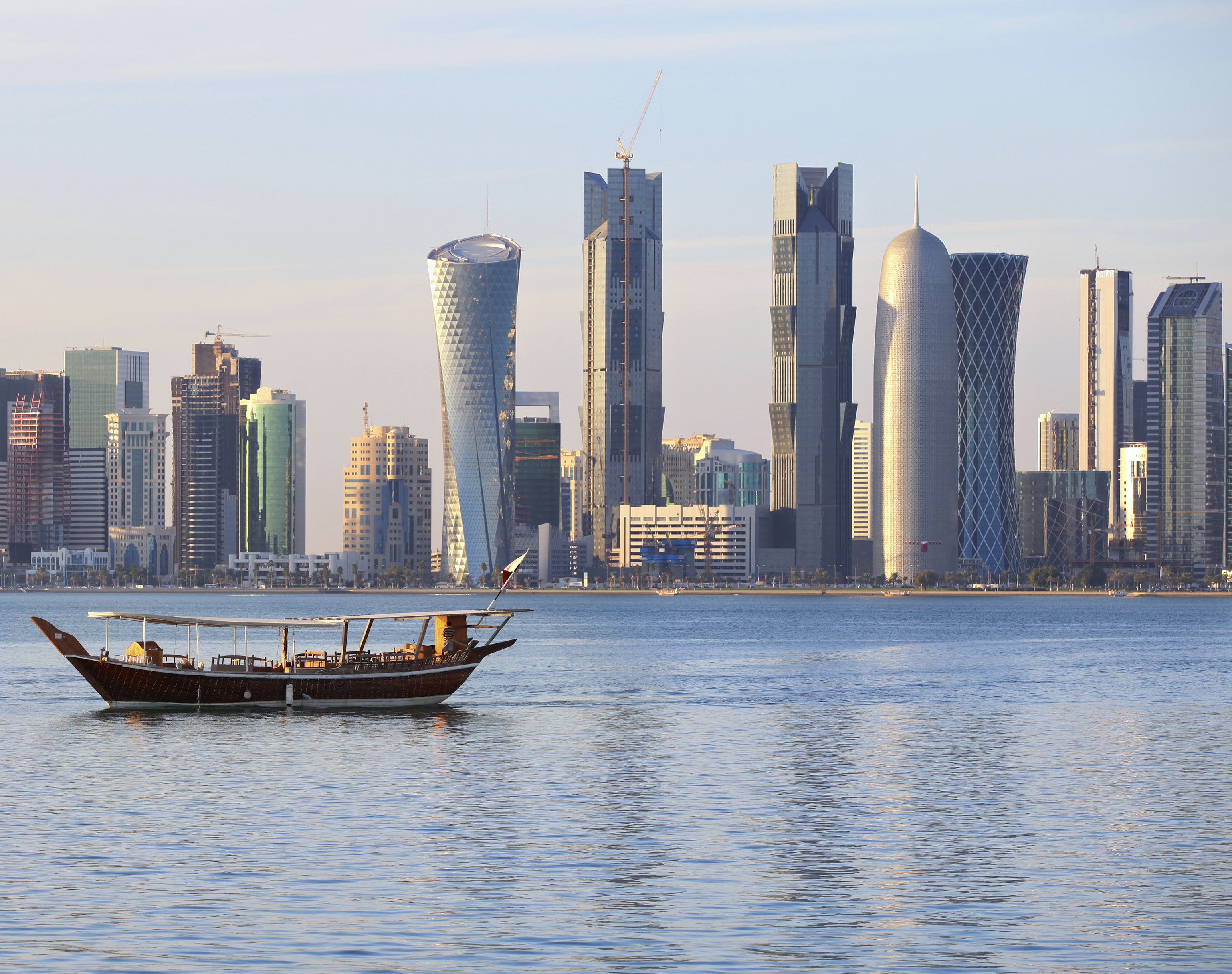A group of Middle Eastern banks has agreed to lend QR2.1bn (about US$576mn) for the construction of a section of the Doha Metro.
The syndicate was led by Mashreq Bank, which is joined as mandated lead arranger by Barwa Bank, Qatar Islamic Bank and Union National Bank. The borrower is a joint construction venture between Impreigilo, SK Engineering and Construction and Galfar Al Misnad Engineering.
The total project cost is estimated to be QR8.46bn, with the remaining finance expected to come from government coffers.
The finance will be used to construct the Red Line North – two parallel underground tunnels stretching for 13km each and linked up to 211km of freight, high-speed, long distance and light rail segments of the Metro, all of which are currently under construction.
Speaking to GTR in her Dubai office, a senior project finance lawyer at an international law firm says that while western contractors are often still present on the construction boom in the Middle East, their financier counterparts are less visible.
After the 2008 crisis, many western banks retrenched from Middle Eastern markets, some particularly stung by the default in Dubai. Furthermore, there is sufficient liquidity among the local banking sector to finance most projects without foreign banks’ involvement (although many projects are still financed centrally).
As a result, most construction works in Dubai, Abu Dhabi and Doha are being funded with a combination of local debt and government funds.
But even the overseas contractors looking to work on projects often need to partner with a local construction company, with governments across the region keen to be seen to employ local firms for such jobs, the lawyer adds.
This has resulted in the formation of international conglomerates. On the Red Line North project, Impregilo of Italy and SK Engineering of Korea formed a joint venture with Galfar Al Misnad of Qatar in order to secure the tender.
Along with the Chinese, Korean construction and engineering companies have been heavily present across the region’s construction projects.
Japanese companies helped build much of Dubai’s towering skyline, but scaled back following the crisis. Backed by export credit agencies such as Cexim and Kexim, Chinese and Korean contractors have been less risk-averse in recent years.
China, in particular, has shown remarkable risk appetite and has been involved in construction in even the most volatile countries, such as Yemen.
And despite RBS’s announcement that it wants to reestablish itself in the Middle East (the Bank of Tokyo Mitsubishi-UFJ took over much of its project finance pipeline post-2008), GTR’s source doesn’t expect there to be much change in the current status quo for the foreseeable future.







